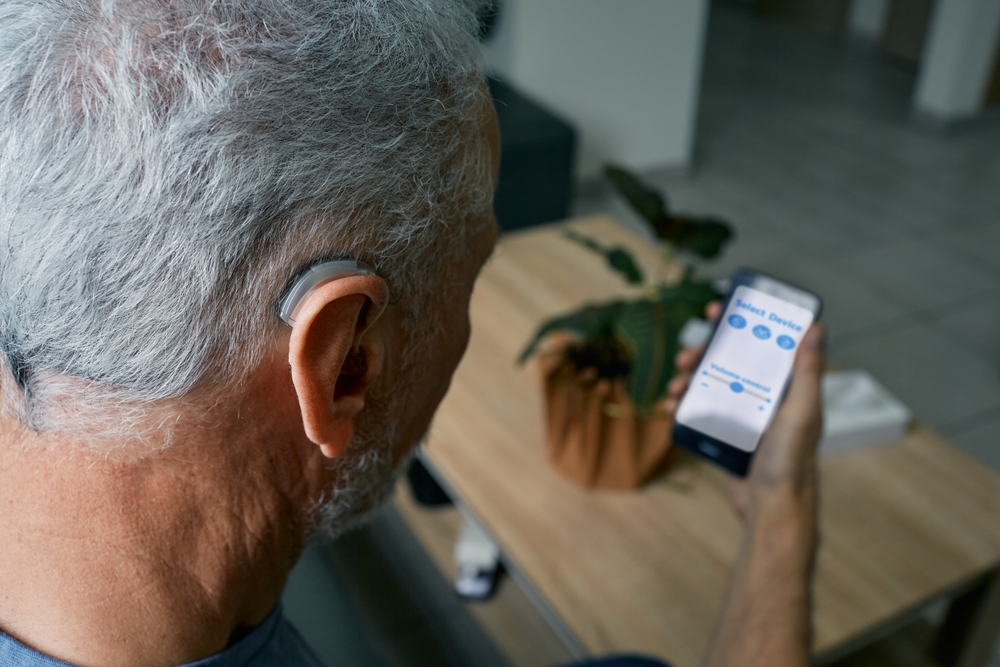Some people immediately shy away from the idea of getting hearing aids, either because they don’t want others to know they have hearing loss or because they think the devices themselves are unsightly.
This can be very dangerous as failure to use a hearing aid can lead to progressively worsening problems with understanding sounds. Knowing how hearing aids work in conjunction with your ears can help you or a loved one make the critical decision to get fitted and improve the quality of your life.
Hearing and nerve centers
Several parts of the ears and brain are responsible for hearing. Problems in any of these areas can contribute to hearing loss. Critical components of processing sounds are the nerves in the ears that pick up sound and send it to the brain. The nerve center in the brain processes sounds and sends them back as translated voices and other noises. For these nerves to work properly, people must use them. In this sense, they are similar to the muscles in the body. If you don’t give them exercise, they begin to weaken. This weakening of the nerves can lead to further problems with listening and translating sound accurately, and if these nerves atrophy to the point of not working at all, they do not make a comeback.
How hearing aids help
Hearing aids do not heal problems of the ear. Nor can they technically prevent age-related and other issues that lead to hearing loss. However, they amplify sounds so that the ears can understand them. Hearing aids, therefore, keep critical nerves in the ears and brain active. This prevents the nerves from atrophying and keeps them responsive. This is why it is so crucial for people with hearing loss to address the problem immediately. The longer they put it off, the more likely the nerves needed to hear will deteriorate or die, making it more difficult for hearing aids to help recover their ability to hear sounds. In short, hearing aids help the ears and brain exercise enough to achieve greater nerve health. Conversely, failure to expose oneself to sounds with the help of hearing aids can significantly affect your hearing abilities down the road.
Can hearing aids make hearing worse?
Some people wonder if hearing aids can actually damage your hearing. However, hearing aids that are correctly fitted based on your hearing test do not further damage your hearing.
It may take time to adjust to hearing aids in or on your ears. You will also have to get used to the increased amplification of sounds. After the initial adjustment period, people with hearing aids benefit from an improved quality of life.



